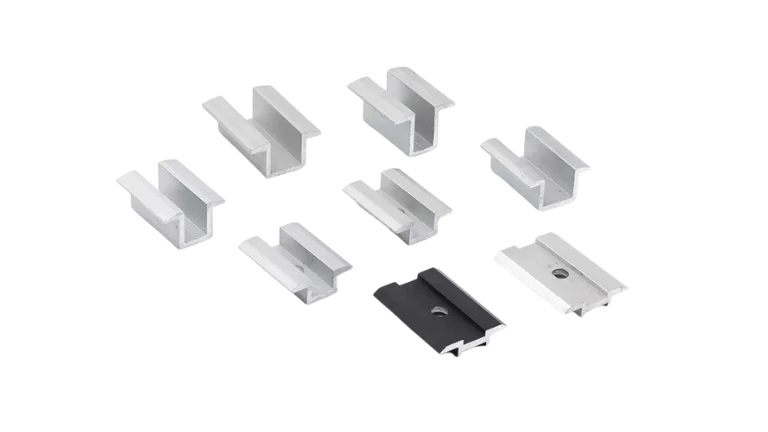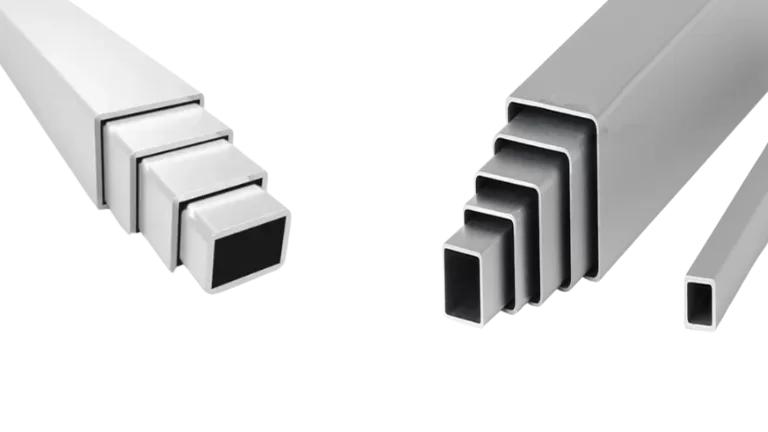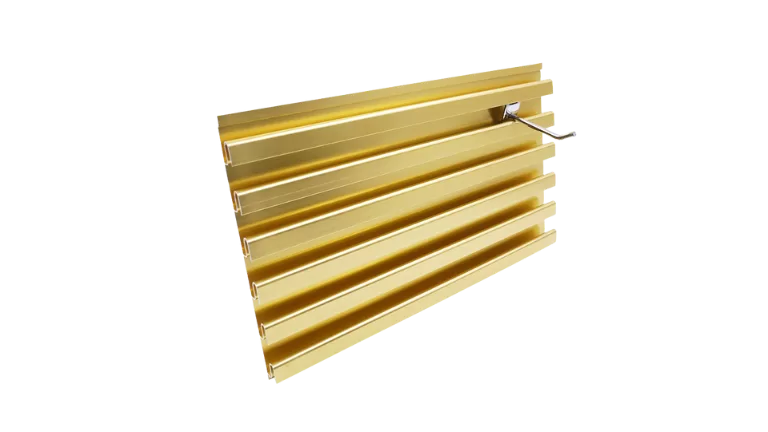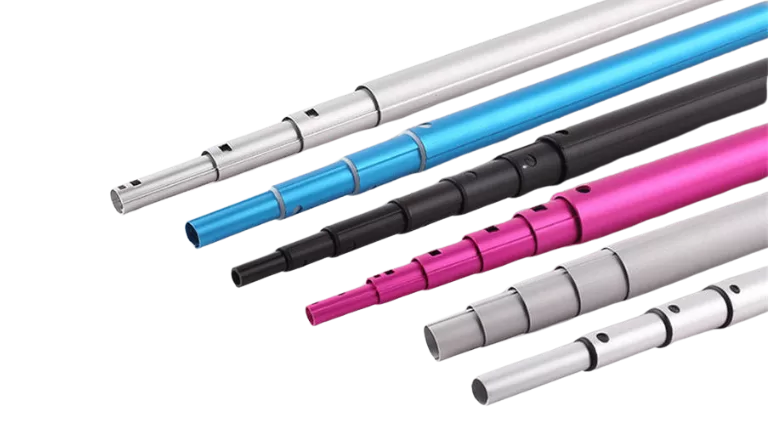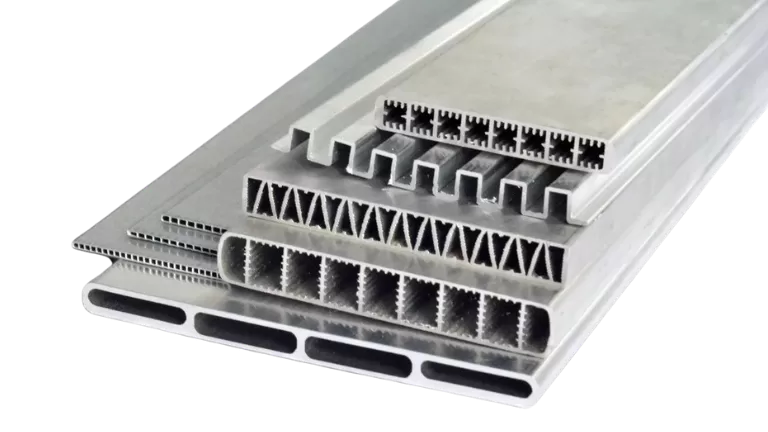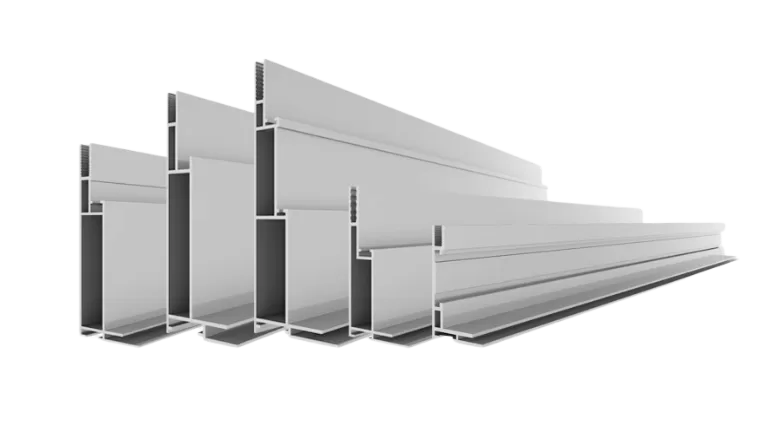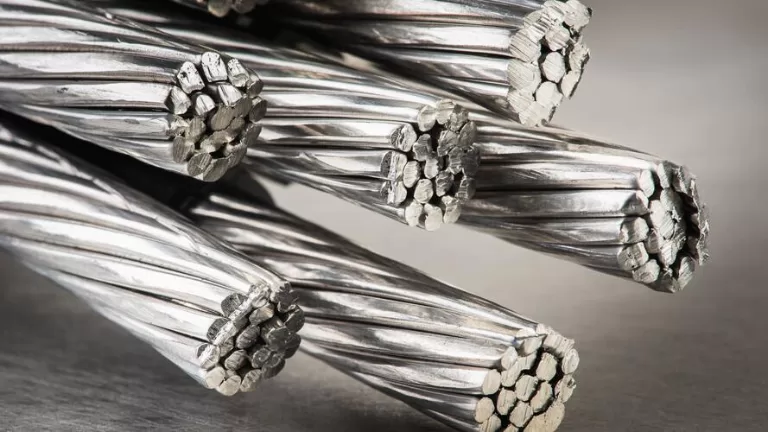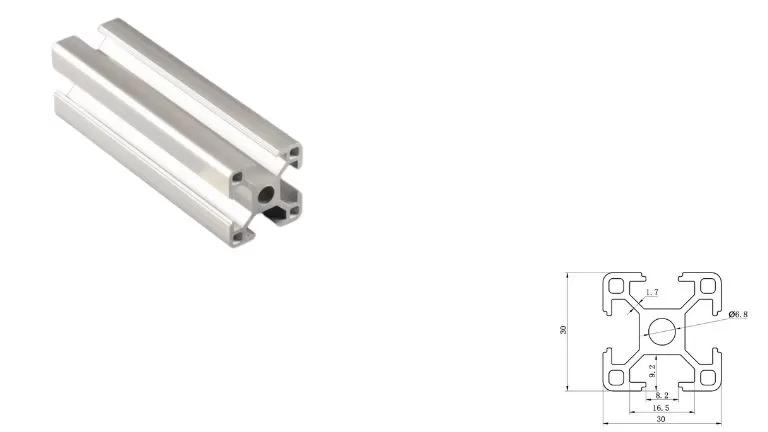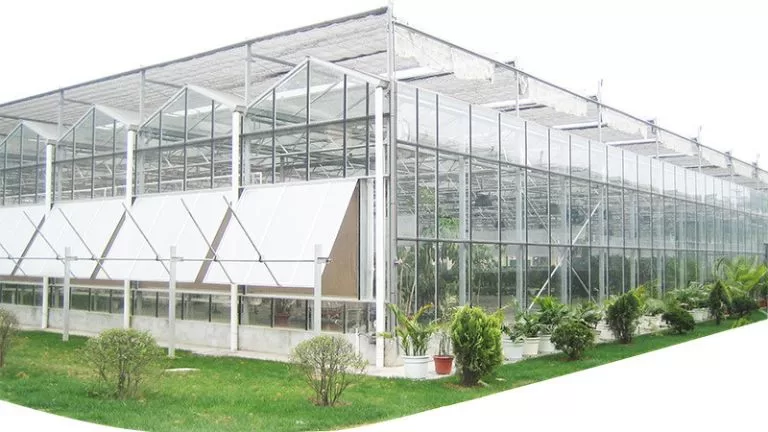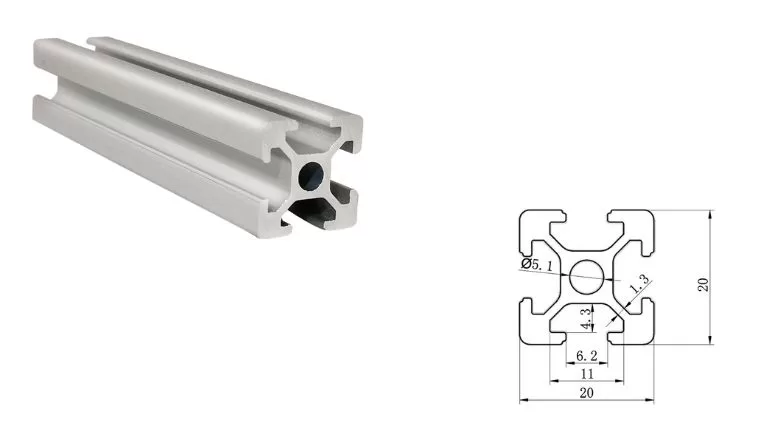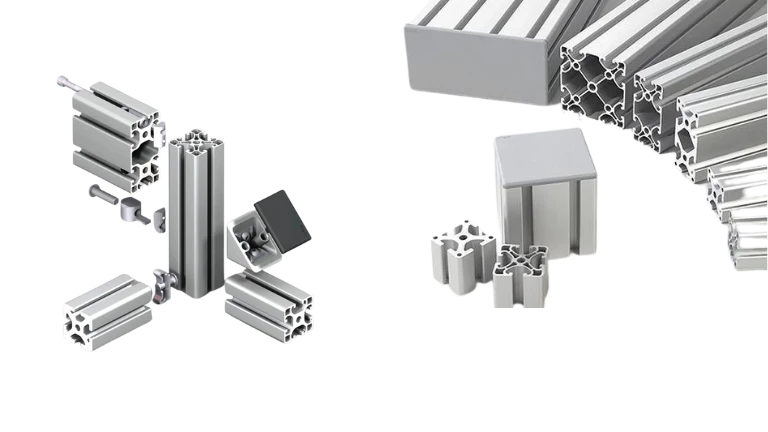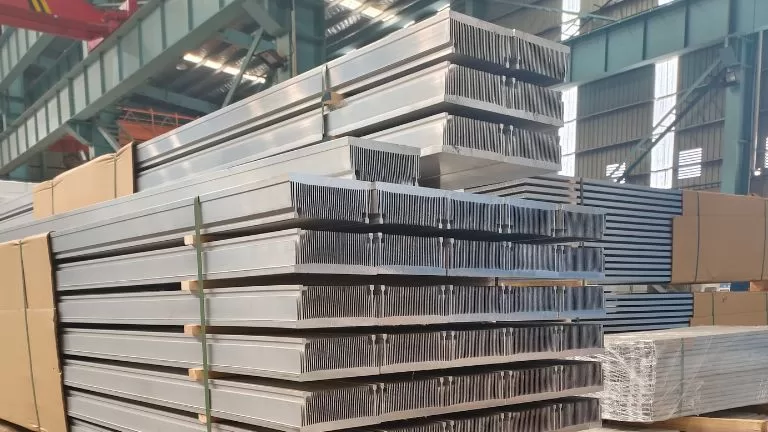Custom Extrusions Aluminium Cladding Profiles for Superior Architectural Finishes
Overview
Aluminium cladding profiles are a cutting-edge solution for modern architectural designs, offering unparalleled advantages over traditional cladding materials. These profiles, crafted from high-grade aluminium, stand out for their durability, lightweight nature, and exceptional resistance to corrosion.
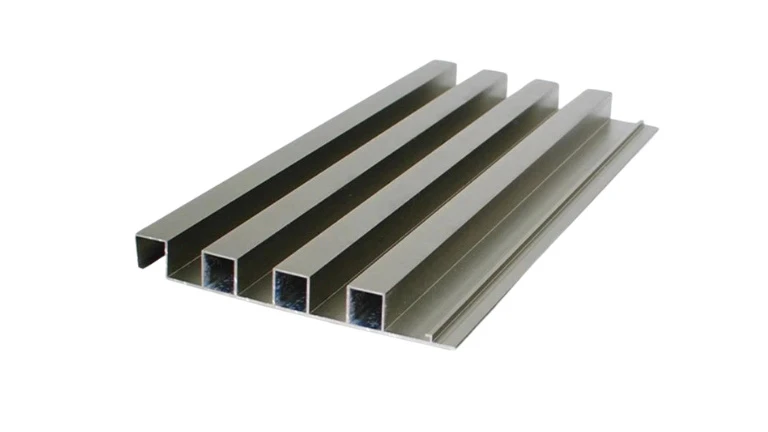
Unlike other materials that may degrade over time, aluminium cladding maintains its aesthetic appeal and structural integrity, making it a superior choice for both commercial and residential buildings. The versatility of aluminium allows for a variety of finishes, including anodized, powder-coated, and even wood-grain effects, enabling architects and designers to achieve their vision without compromising on quality or performance.
Applications of Aluminium Cladding Profiles
Aluminium cladding profiles stand as a testament to the versatility and innovation in modern construction techniques. These profiles, crafted from high-quality aluminum alloy, offer a myriad of applications that not only enhance the aesthetic appeal of structures but also provide functional benefits. Let’s delve into the diverse uses of aluminium cladding profiles in the construction industry.
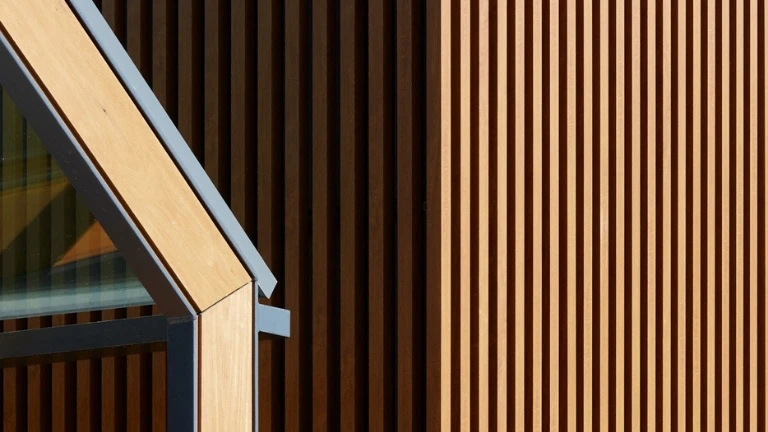
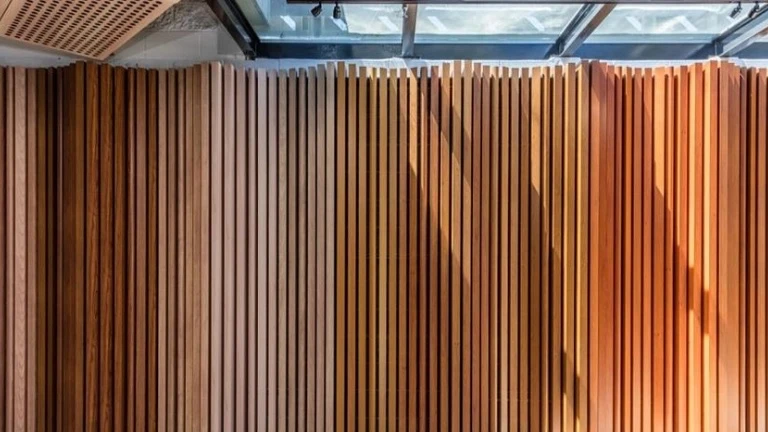
Exterior Building Facades
One of the most prominent applications of aluminium cladding profiles is in the exterior facades of buildings. These profiles, with their sleek and modern finish, can significantly enhance the visual appeal of a structure. Beyond aesthetics, they serve a crucial role in protecting buildings against environmental elements such as rain, wind, and harsh sunlight, thereby contributing to the longevity and durability of the structure.
Interior Wall Cladding
Aluminium cladding profiles are not limited to exterior applications. Inside buildings, these profiles offer a contemporary and sophisticated solution for wall cladding. Their easy maintenance and resistance to corrosion make them an ideal choice for interior designs that aim for both beauty and longevity. Whether in commercial spaces or residential areas, aluminium cladding profiles can transform interiors into modern and inviting spaces.
Roofing Solutions
The lightweight yet sturdy nature of aluminium makes these cladding profiles an excellent option for roofing solutions. Their exceptional weather resistance ensures long-term durability, making them a practical choice for areas prone to extreme weather conditions. Aluminium roofing profiles provide an effective shield against the elements while contributing to the overall aesthetic of the building.
Architectural Accents
Beyond their functional applications, aluminium cladding profiles are also used to accentuate architectural features. Whether it’s highlighting the contours of a building or creating visually striking elements, these profiles offer architects and designers the flexibility to bring their creative visions to life. In both commercial and residential buildings, aluminium accents can add a touch of elegance and uniqueness to the design.
Custom Aluminium Cladding Profiles
At our factory, we specialize in providing custom aluminium cladding profiles tailored to meet the unique requirements of your projects. Leveraging advanced manufacturing technologies and a wealth of experience, we deliver precision-engineered profiles that embody both aesthetic appeal and structural integrity.
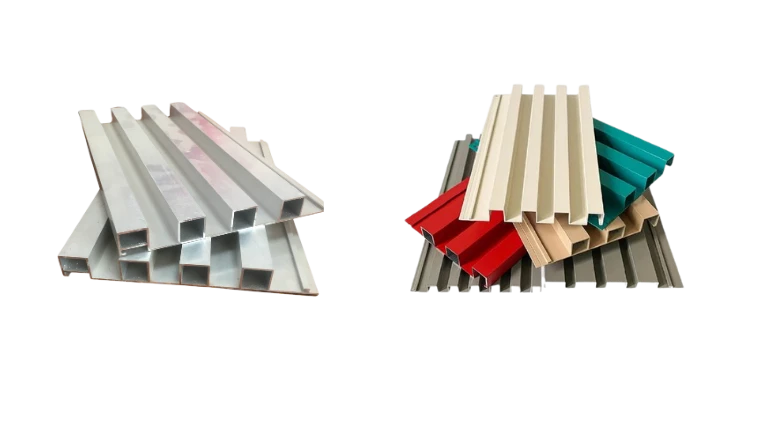
Alloys and Heat Treatment
Aluminium cladding profiles are integral to modern architecture, offering both aesthetic versatility and structural integrity. The selection of the right aluminium alloy and the application of appropriate heat treatment processes are critical steps in manufacturing profiles that meet specific project requirements. This section delves into the commonly used alloys for aluminium cladding profiles and the heat treatment options available to enhance their properties.
Alloy Selection for Aluminium Cladding Profiles
1. 6063 Alloy: Often referred to as the architectural alloy, 6063 is the most commonly used alloy for aluminium cladding profiles. It is renowned for its excellent extrudability, strength, and aesthetic appeal after anodizing. The alloy comprises magnesium and silicon as its primary alloying elements, which contribute to its good surface finish and resistance to corrosion. 6063 alloy is particularly suited for applications requiring complex shapes and smooth surfaces, such as window frames, door frames, and various architectural trim.
2. 6061 Alloy: Known for its structural strength and toughness, 6061 is another widely used alloy for aluminium cladding profiles. It contains magnesium and silicon as its major alloying elements, similar to 6063, but in slightly different proportions. This composition grants 6061 alloy a higher tensile strength, making it suitable for heavy-duty structures where both strength and corrosion resistance are necessary. Its versatility makes it a preferred choice for structural components in buildings and transport applications.
3. 7075 Alloy: For projects demanding the highest strength, 7075 alloy is often the go-to choice. This alloy is characterized by its high zinc content, complemented by magnesium, copper, and chromium, which collectively impart exceptional strength and toughness. Although 7075 is less commonly used for cladding profiles due to its lower workability and higher cost, it finds application in areas where structural integrity cannot be compromised.
Heat Treatment Options
Heat treatment is a crucial process that enhances the mechanical properties of aluminium alloys, making them more suitable for specific applications. The following are some of the heat treatment options applied to aluminium cladding profiles:
1. T5 Treatment: This process involves cooling the extruded profiles from an elevated temperature and then artificially aging them. The T5 treatment enhances the strength and hardness of the aluminium alloy, particularly for 6063 and 6061 alloys. It is a cost-effective method to increase the performance of aluminium cladding profiles without significantly altering their composition.
2. T6 Treatment: The T6 heat treatment is more intensive, involving solution heat treatment followed by artificial aging. This process results in a significant increase in the strength and hardness of the alloy. T6 treatment is commonly applied to 6061 and 7075 alloys, making them suitable for high-stress applications. The enhanced properties achieved through T6 treatment make it ideal for structural components that require superior load-bearing capacity.
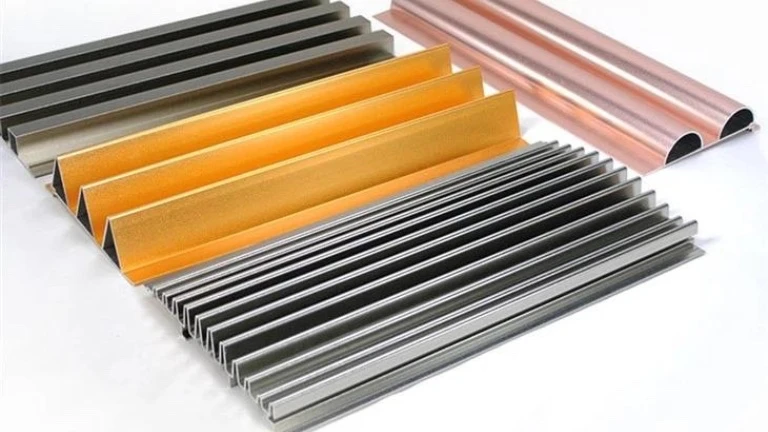
Surface Treatments
The surface treatment of aluminium cladding profiles not only enhances their aesthetic appeal but also contributes to their durability and resistance to environmental factors.
Anodizing: This electrochemical process forms a durable, corrosion-resistant oxide layer on the surface of the aluminium. It can also add vibrant colors through dyeing, making it a popular choice for architectural applications.
Powder Coating: Powder coating involves applying a polyester or epoxy powder to the surface, which is then cured under heat to form a hard, protective layer. This method offers a wide range of colors and finishes, providing both protection and a visually appealing look.
Electroplating: Although less common for cladding profiles, electroplating can be used to apply a thin layer of another metal (such as nickel or chromium) onto the aluminium surface. This can enhance corrosion resistance and add a shiny, decorative finish.
Wood Grain Transfer: For a natural wood appearance, the wood grain transfer process involves sublimation of a wood grain pattern onto the surface of the aluminium. This method combines the durability of aluminium with the aesthetic of natural wood, ideal for certain architectural designs.
Fluorocarbon Painting: This treatment offers excellent weather resistance, making it suitable for exterior applications. The fluorocarbon coating provides protection against UV rays, corrosion, and pollutants, maintaining the profile’s appearance over time.
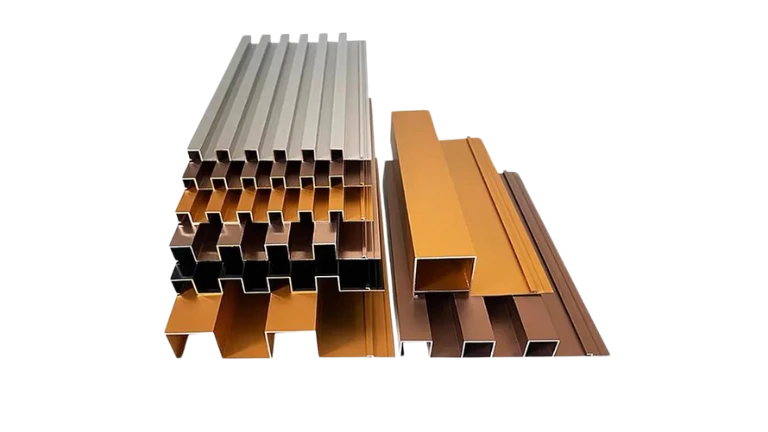
Delivery Timeline
Our commitment to efficiency ensures that, following the completion of mold preparation, production times are kept within 10-20 days for a standard order of 26 tons, ensuring timely delivery without compromising quality.
Why Choose Us?
At our core, we are committed to providing high-quality, custom aluminium profiles that meet the unique needs of our clients. Leveraging our expertise and advanced manufacturing capabilities, we deliver products that set the standard for excellence in the industry. Contact us today to bring your architectural visions to life with our bespoke aluminium solutions.
Custom Your Aluminum Profile
Our aluminum extrusion factory, located in Nanchang, Jiangxi Province, covers an extensive area of 30,000 square meters and is home to a dedicated workforce of over 120 skilled individuals.
Advanced Extrusion Lines
Boasting over 30 high-precision extrusion production lines from Japan and Germany, we ensure unmatched quality and efficiency.
Custom Mold Design and Processing
We tailor-make molds based on client designs or samples, providing prototypes for confirmation to meet precise specifications.
Comprehensive Surface Treatment Techniques
Our surface treatment capabilities include anodizing, electroplating, sandblasting, powder coating, fluorocarbon painting, and wood grain transfer printing to enhance product durability and aesthetics.
Over Two Decades of Expertise
Since 2013, we have been manufacturing aluminum profiles, accumulating vast experience in producing a wide array of profiles for windows, doors, and various industrial applications.
Aluminium Profile Solutions
At HTS Aluminium, we pride ourselves on our ability to deliver custom aluminium profile solutions tailored to the unique needs of each client. Our bespoke services are grounded in a deep understanding of our clients’ visions, which we bring to life by transforming drawings or samples into precision-engineered aluminium profiles.
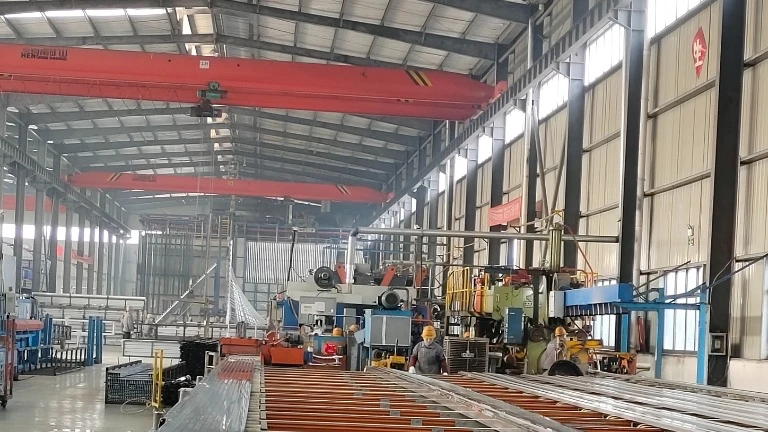
Precision Aluminum Extrusion Process
Our state-of-the-art manufacturing facility is equipped with advanced extrusion presses and precision cutting tools, allowing us to handle even the most complex profiles with exceptional accuracy. Our team of skilled technicians brings years of industry experience to the table, ensuring that every extruded aluminium profile meets the highest standards of quality and precision.
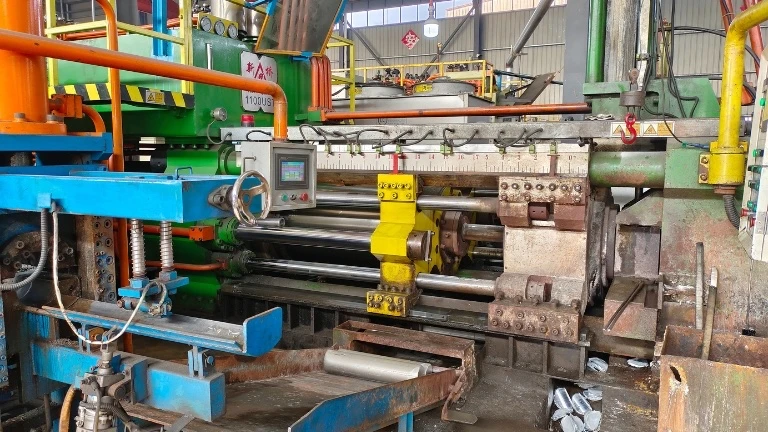
Design and Manufacture of Moulds
We at HTS Aluminium specialize in the design and manufacture of custom moulds based on client specifications. Once a mould is created, we conduct trial productions and send samples to our clients for confirmation. This meticulous process ensures that the final product perfectly aligns with our clients’ expectations.
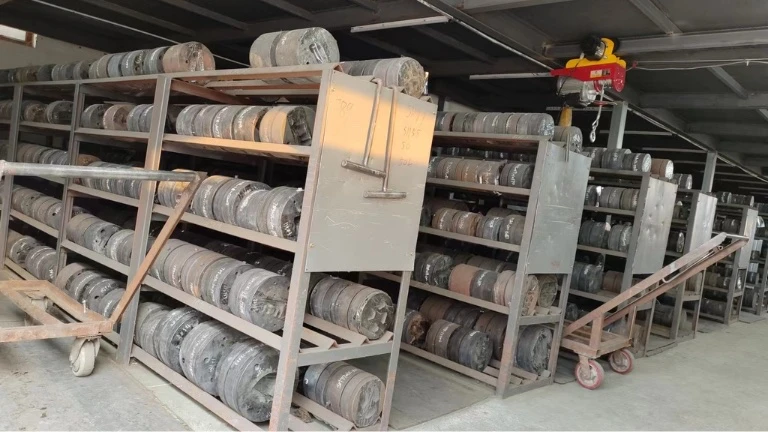
Material for Extruded Aluminum
Quality begins with the raw materials, and at HTS Aluminium, we use only the highest standard aluminium alloys for our extrusions. Our profiles are commonly crafted from a selection of industry-standard grades, each offering a balance of strength, durability, and corrosion resistance to meet various application requirements.
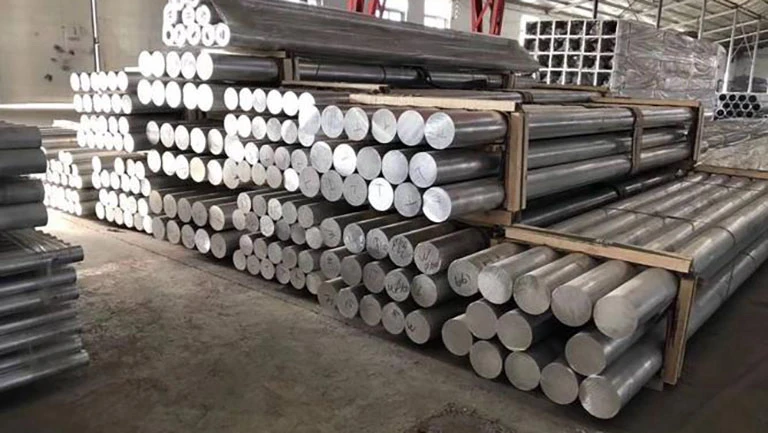
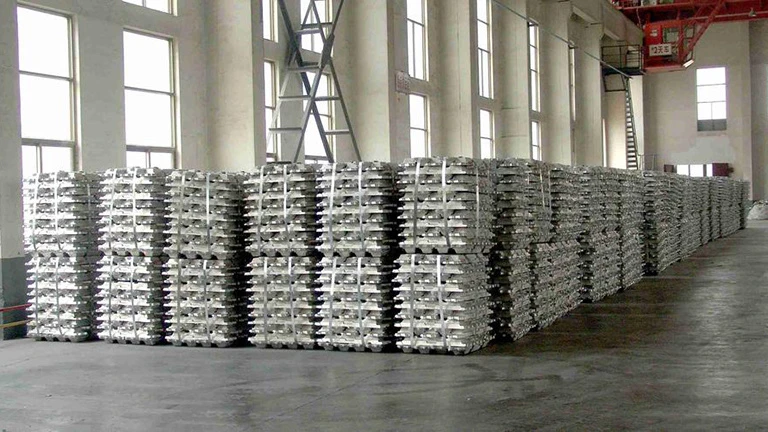
5052: Offers excellent corrosion resistance, good weldability, and moderate-to-high strength. It is a popular choice for marine and automotive applications.
Silicon (Si): 0.25% (Maximum)
Iron (Fe): 0.40% (Maximum)
Copper (Cu): 0.10% (Maximum)
Manganese (Mn): 0.10% (Maximum)
Magnesium (Mg): 2.2-2.8%
Chromium (Cr): 0.15-0.35%
Zinc (Zn): 0.10% (Maximum)
Remaining Balance: Aluminum (Al)
6061: A versatile alloy with good mechanical properties, weldability, and corrosion resistance. It is widely used for structural applications and in the automotive industry.
Silicon (Si): 0.40-0.80%
Iron (Fe): 0.70% (Maximum)
Copper (Cu): 0.15-0.40%
Manganese (Mn): 0.15% (Maximum)
Magnesium (Mg): 0.8-1.2%
Chromium (Cr): 0.04-0.35%
Zinc (Zn): 0.25% (Maximum)
Titanium (Ti): 0.15% (Maximum)
Remaining Balance: Aluminum (Al)
6063: Often referred to as an architectural alloy, it has a smooth surface finish and is commonly used in window and door frames.
Silicon (Si): 0.20-0.60%
Iron (Fe): 0.35% (Maximum)
Copper (Cu): 0.10% (Maximum)
Manganese (Mn): 0.10% (Maximum)
Magnesium (Mg): 0.45-0.90%
Chromium (Cr): 0.10% (Maximum)
Zinc (Zn): 0.10% (Maximum)
Titanium (Ti): 0.10% (Maximum)
Remaining Balance: Aluminum (Al)
7075: One of the strongest aluminum alloys available, with zinc as the main alloying element. It is used in applications where strength is critical, such as in aerospace and military components.
Zinc (Zn): 5.1-6.1%
Magnesium (Mg): 2.1-2.9%
Copper (Cu): 1.2-2.0%
Chromium (Cr): 0.18-0.28%
Silicon (Si): 0.40% (Maximum)
Iron (Fe): 0.50% (Maximum)
Manganese (Mn): 0.30% (Maximum)
Titanium (Ti): 0.20% (Maximum)
Other elements: Each 0.05% (Maximum), Total 0.15% (Maximum)
Remaining Balance: Aluminum (Al)
Heat Treatment Options
Our aluminium profiles can undergo a range of heat treatment options to enhance their properties. From T5 to T6 treatments, we tailor the process to achieve the desired level of hardness, strength, and elasticity. Each treatment option is designed to bring out the best in the material, ensuring that the final product stands up to the demands of its application.
T5 Heat Treatment
Process: Cooled from an elevated temperature shaping process and then artificially aged.
Characteristics: Increases the strength of the aluminum by accelerating the aging process, resulting in a material that has moderate strength and good formability.
T6 Heat Treatment
Process: Solution heat-treated and then artificially aged.
Characteristics: Provides a significant increase in strength compared to T5 by altering the microstructure of the aluminum. This results in a high-strength material with good machinability and fair formability.
Aluminum Profile Surface Treatment
To ensure the longevity and aesthetic appeal of our telescopic aluminum profiles, we offer a range of surface treatments including:
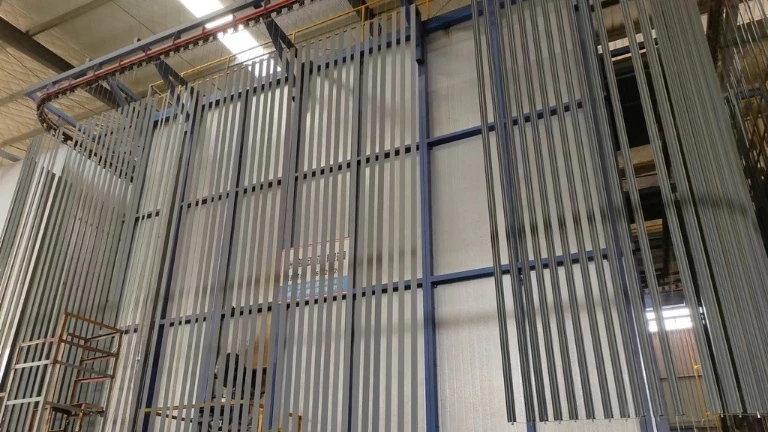
Anodizing: The Protective Shield
What is Anodizing? Anodizing is an electrochemical process that thickens and toughens the naturally occurring protective oxide on the surface of aluminum profiles. This treatment enhances corrosion resistance and wear resistance, making the aluminum surface harder and more durable.
Key Advantages
Improved corrosion resistance
Enhanced surface hardness
Aesthetic appeal with a variety of color options
Better adhesion for paints and primers
Increased thermal insulation properties
Electroplating: The Metal Finish
What is Electroplating? Electroplating involves the deposition of a metal coating on the extruded aluminum profile. This process can be used to improve corrosion resistance, increase surface hardness, and add a decorative finish.
Key Advantages
Enhanced corrosion resistance
Decorative finishes with various metal types
Increased surface hardness
Improved wear resistance
Sandblasting: The Texture Artist
What is Sandblasting? Sandblasting is a mechanical process where abrasive materials are blasted onto the aluminum surface at high velocity to clean or modify its texture. This is often used to prepare the surface for further treatments or to achieve a specific aesthetic look.
Key Advantages
Uniform surface finish
Improved surface cleanliness
Enhanced paint and coating adhesion
Aesthetic texture options
Powder Coating: The Colorful Protector
What is Powder Coating? Powder coating is a dry finishing process where a powder material is electrostatically applied to the aluminum surface and then cured under heat to form a skin-like coating. This method provides a durable, uniform, and attractive finish.
Key Advantages
Wide range of color options
Uniform, durable finish
Excellent resistance to chipping, scratching, and corrosion
Eco-friendly process with minimal VOC emissions
Fluorocarbon Painting: The Weather Warrior
What is Fluorocarbon Painting? Fluorocarbon painting involves applying a fluorocarbon resin-based paint to the aluminum profile, which offers exceptional weather resistance, making it ideal for outdoor applications.
Key Advantages
Outstanding weather resistance
Excellent color and gloss retention
Resistance to UV radiation and corrosion
Suitable for extreme environmental conditions
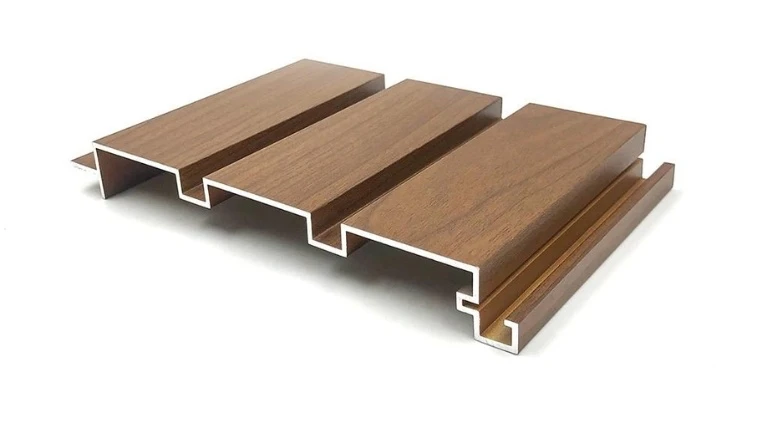
Wood Grain Transfer: The Natural Look
What is Wood Grain Transfer? Wood grain transfer is a process where a wood grain pattern is applied to the aluminum profile through heat transfer. This provides the natural appearance of wood while maintaining the benefits of aluminum.
Key Advantages
Aesthetic appeal of natural wood
Durable and maintenance-free
Resistance to corrosion and weathering
Ideal for architectural applications where wood-like finish is desired
Custom Aluminum Extrusion Process
At HTS Aluminum Profiles, we specialize in delivering custom aluminum extrusion solutions tailored to your specific needs. Here’s a step-by-step guide to our customization process:
Step 1: Initial Consultation
Your journey begins with an initial consultation where we discuss your project requirements. We encourage you to share your design concepts, application needs, and any critical parameters that the aluminum profile must meet. This collaborative approach ensures that we fully understand your vision and objectives.
Step 2: Design and Engineering
Leveraging our extensive experience in aluminum extrusion, our skilled engineers work closely with you to refine your design. We consider factors such as the aluminum alloy grade, temper, and mechanical properties required for your application. Our team uses advanced CAD software to create precise technical drawings and 3D models of the proposed profile.
Step 3: Die Fabrication
Once the design is finalized, we proceed to manufacture the custom extrusion dies. Our precision die-making process ensures that the final profile will match your specifications with high accuracy. We employ state-of-the-art CNC machines to craft dies that can withstand the rigors of extrusion while maintaining tight tolerances.
Step 4: Aluminum Extrusion
With the dies ready, the actual extrusion process begins. We select the appropriate aluminum alloy and heat it to the precise extrusion temperature. The heated billet is then pressed through the die to create the custom profile. Our extrusion presses, ranging from 600 to 3600 tons, are capable of producing a wide range of profile sizes and shapes.
Step 5: Surface Treatment and Finishing
Following extrusion, the profiles undergo various surface treatments as per your requirements. Options include anodizing, electroplating, sandblasting, powder coating, fluorocarbon painting, and wood grain transfer printing. These processes enhance the profiles’ durability, corrosion resistance, and aesthetic appeal.
Step 6: Quality Assurance
Quality is at the heart of everything we do. Each custom aluminum profile is subjected to rigorous quality checks to ensure it meets ISO standards and our European quality certifications. We perform dimensional inspections, mechanical testing, and surface finish evaluations to guarantee that your profiles are delivered without defects.
Step 7: Packing and Delivery
After passing all quality inspections, the aluminum profiles are carefully packed to prevent any damage during transit. We use robust packaging materials and methods tailored to the profiles’ dimensions and your delivery preferences. Our logistics team then manages the safe and timely delivery of your custom aluminum profiles to your specified location.
Step 8: After-Sales Support
Our commitment to your satisfaction extends beyond delivery. We offer comprehensive after-sales support to address any concerns or additional requirements you may have. Our customer service team is always ready to assist you with any questions or feedback.
Partner with Us
We are committed to delivering precision-engineered aluminum profiles that meet the highest standards of quality. From initial design to final delivery, we provide a seamless and personalized experience, ensuring that your custom aluminum solutions are produced efficiently and to your satisfaction.
Take the next step in your project and contact us for a consultation on your custom aluminum extrusion needs.
